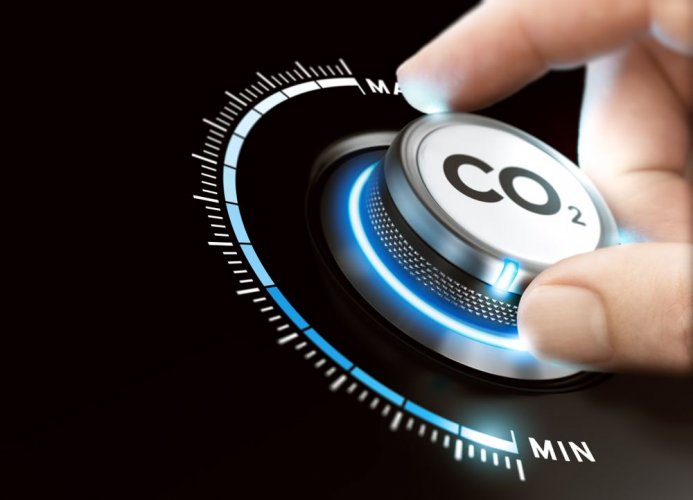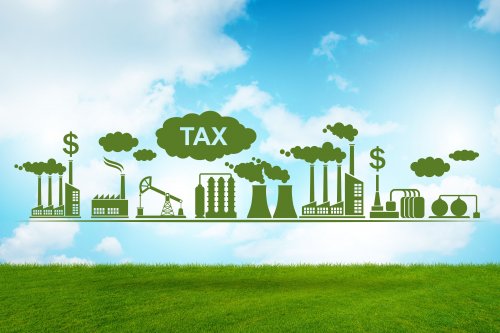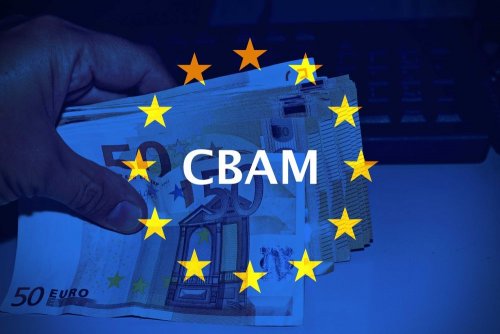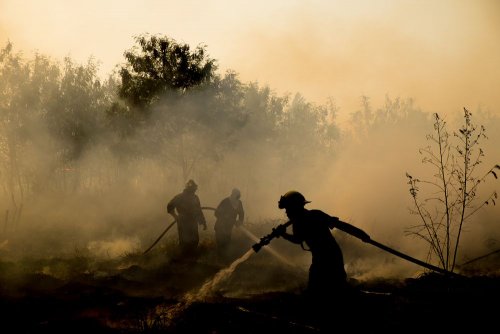Japan Petroleum Exploration Co (JAPEX), JGC Corporation and Kawasaki Kisen Kaisha have signed a contract to study the viability of carbon capture and storage (CCS) technology in Malaysia.
They will study suitable sites for carbon storage, methods of capturing and transporting gas from the Petronas complex in Sarawak, reports Gasworld.
The companies will also study the possibility of transporting carbon from outside the country.
This will include an assessment of CO2 storage technologies such as:
- calculation of storage capacity and optimal storage methods;
- optimal capture and transport options, including estimation of emissions and capture volumes;
- monitoring of the underground CO2 storage method.
Having previously signed a Memorandum of Understanding with Petroliam Nasional Berhad, JAPEX is working with its energy partner to create a decarbonized society in Asia as highlighted by the Asian Energy Transition Initiative (AETI).
AETI is an initiative of the Japanese government that was announced in May 2021. It aims to achieve sustainable economic growth and carbon neutrality in Asia.
Earlier, EcoPolitic wrote, that China will build two hydrogen production facilities with the technology carbon capture.
As EcoPolitic previously, the automotive giant Toyota will work on the development together with partners light electric trucks on fuel cells with the aim of bringing them to Japan in 2023.





